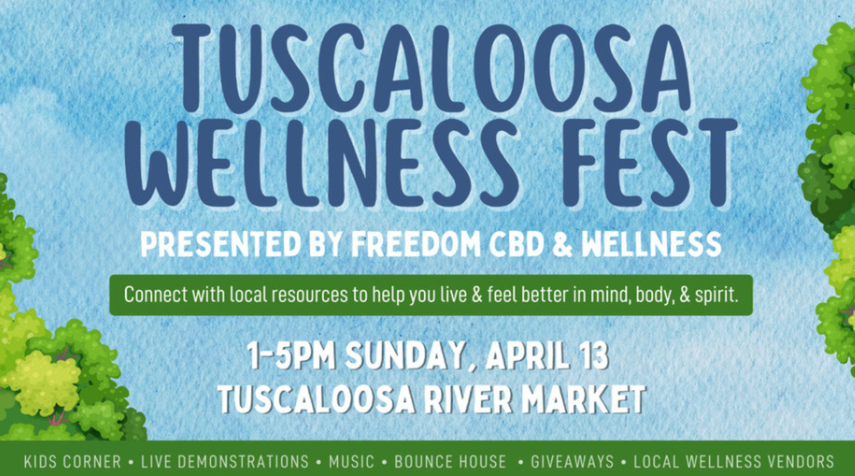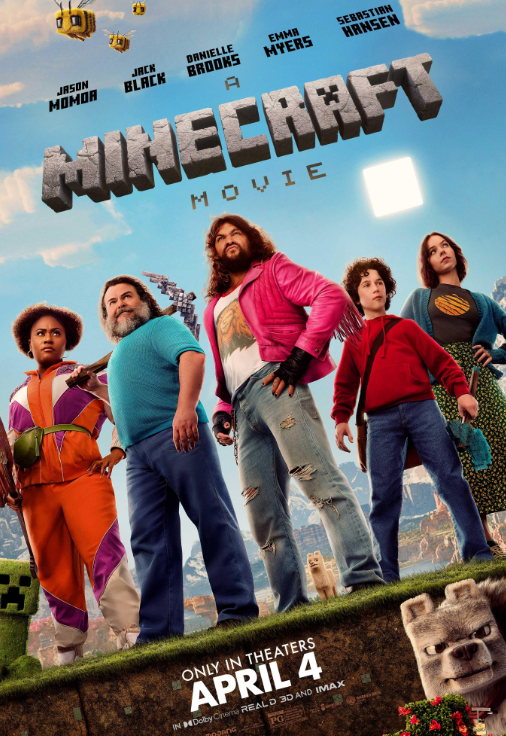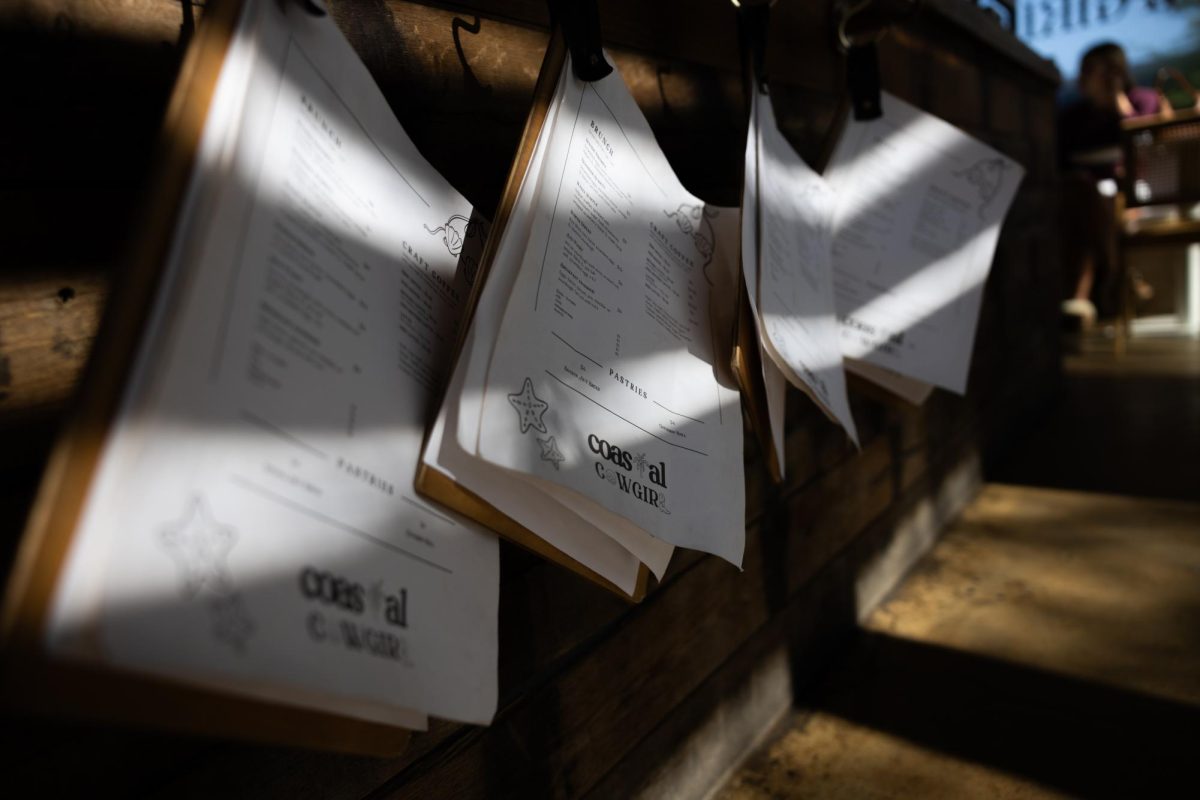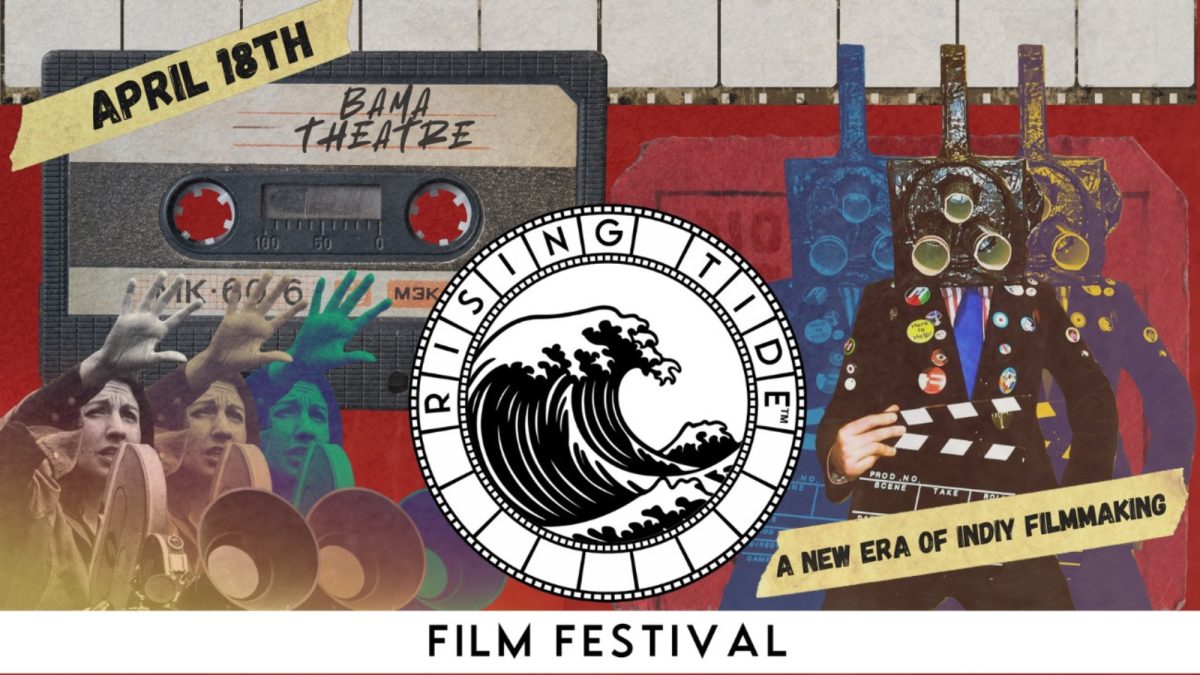Former President Donald Trump officially won the 2024 presidential race, but before the race was over, plenty of celebrities and influencers made their thoughts and opinions known about each candidate. Differing support sparked waves of controversy on whether celebrities should make their ideas publicly known.
“Endorsements are one of the main ways to build credibility, especially for challenger candidates,” said Josh Bramlett, an assistant professor in the Department of Public Relations.
In an article by NPR, Barry Gordemer highlighted the long history of celebrity endorsements and noted some major examples: Al Jolson endorsed Warren Harding for president in 1920; Frank Sinatra endorsed John F. Kennedy in 1960; Clint Eastwood endorsed Mitt Romney in 2012; and Oprah Winfrey endorsed Barack Obama in 2007.
Both major candidates, Trump and Vice President Kamala Harris, obtained endorsements from a long list of celebrities. According to Forbes, Harris was endorsed by Taylor Swift, Arnold Schwarzenegger, LeBron James and Mark Cuban, while Trump was endorsed by Kid Rock, Elon Musk, Mike Tyson and Jake Paul.
These celebrities not only made their votes known, but provided the reasoning behind their endorsements.
“We can accomplish so much more in this country if we are led by calm and not chaos,” Swift said in her endorsement of Harris on Instagram on Sept. 10.
Kid Rock first endorsed Trump in 2016. Recently he reiterated his endorsement in a post on X, saying, “My stance is unequivocally MAGA because I know in my heart, mind, body and soul that President Trump will make America great again. God bless the USA.”
Madison Allen, a junior double majoring in political science and public relations, expressed hesitation over these endorsements.
“A celebrity should not be discussing politics when it has nothing to do with what they are known for,” Allen said. “You don’t hear a politician giving their opinion about what outfits Taylor Swift wears.”
Other celebrities have expressed similar sentiments.
“I don’t do politics. In fact, I get annoyed sometimes when I see celebrities trying to tell you [who to vote for],” singer Pharrell Williams said in an interview with The Hollywood Reporter.
Logan Brown, a senior majoring in public relations, had a different view, saying that “everyone, including celebrities,” has a place in politics.
“Their popularity can sway opinions, specifically among young audiences who may not be informed or have conducted proper research,” Brown said.
Allen said she believes endorsements are most beneficial when artists’ political opinions are not publicly known.
“The first time that Taylor Swift endorsed the Democratic Party, it made much more of an impact because she had no political standings or leanings prior. Yet now, after she endorsed them again this time, everybody already knew she was going to lean that way, so it wasn’t nearly as beneficial or impactful as it was in the prior election,” Allen said.
Bramlett highlighted the high traffic to a voter registration website posted by Swift alongside her endorsement of Harris. He said endorsements lead to more online conversations, donations and voter registrations, all of which have a large impact on elections.
“It’s a huge way to build credibility,” Bramlett said. “They emphasize their endorsements as a way to show that [they] are legitimate.”
Bramlett also pointed out the effects influencers have on campaigns.
“The Republican National Convention and Democratic National Convention were huge examples of that,” Bramlett said. “Bringing influencers to campaign events and encouraging them to share their message is just a public relations strategy.”
Brown said that in a time when celebrities are using social media to appear more relatable than ever, fans are developing somewhat parasocial relationships.
“These parasocial relationships and obsessions can create a powerful loyalty. Even if fans don’t fully agree with a celebrity’s view, their opinions can still sway decisions and shape perspectives,” Brown said.
While there are differing opinions regarding celebrity roles in politics, the longstanding history and effect of endorsements on elections are undeniable.
“Celebrity endorsements don’t move the needle a bunch, but a pure change in votes is not how I would measure influence,” Bramlett said.









